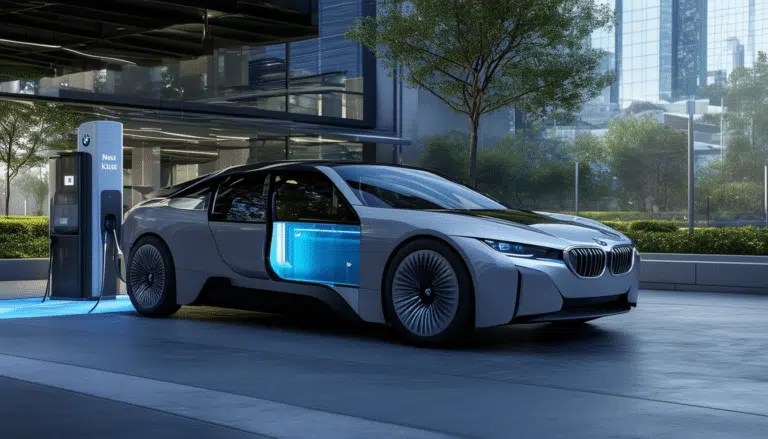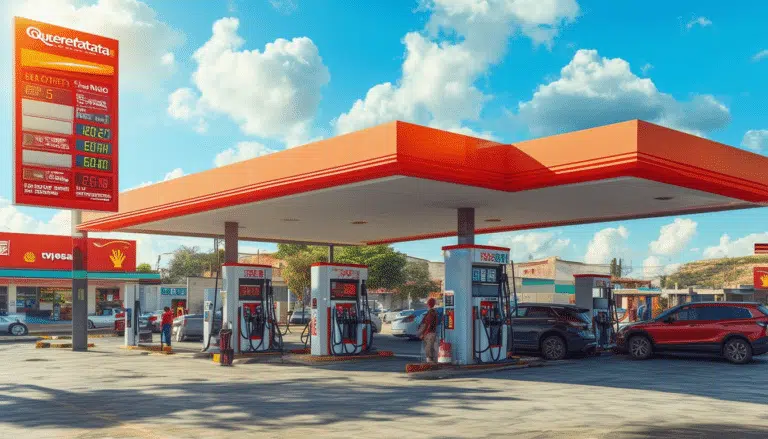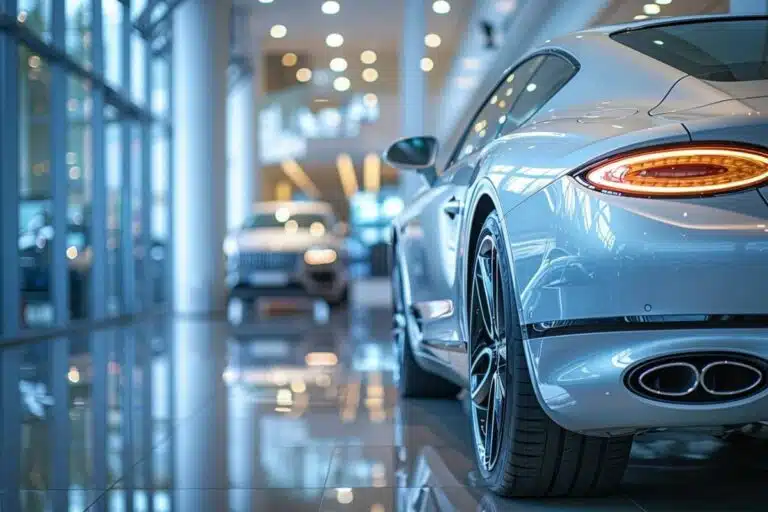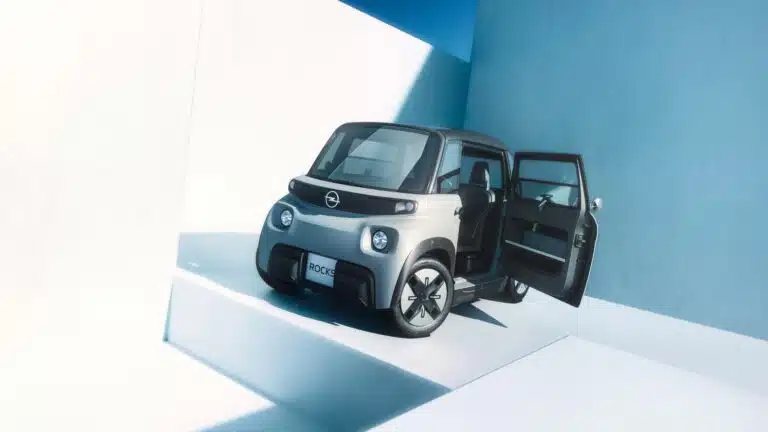BMW states that electric cars are not suitable for everyone, defends diesel, and anticipates significant advances in these engines by 2025
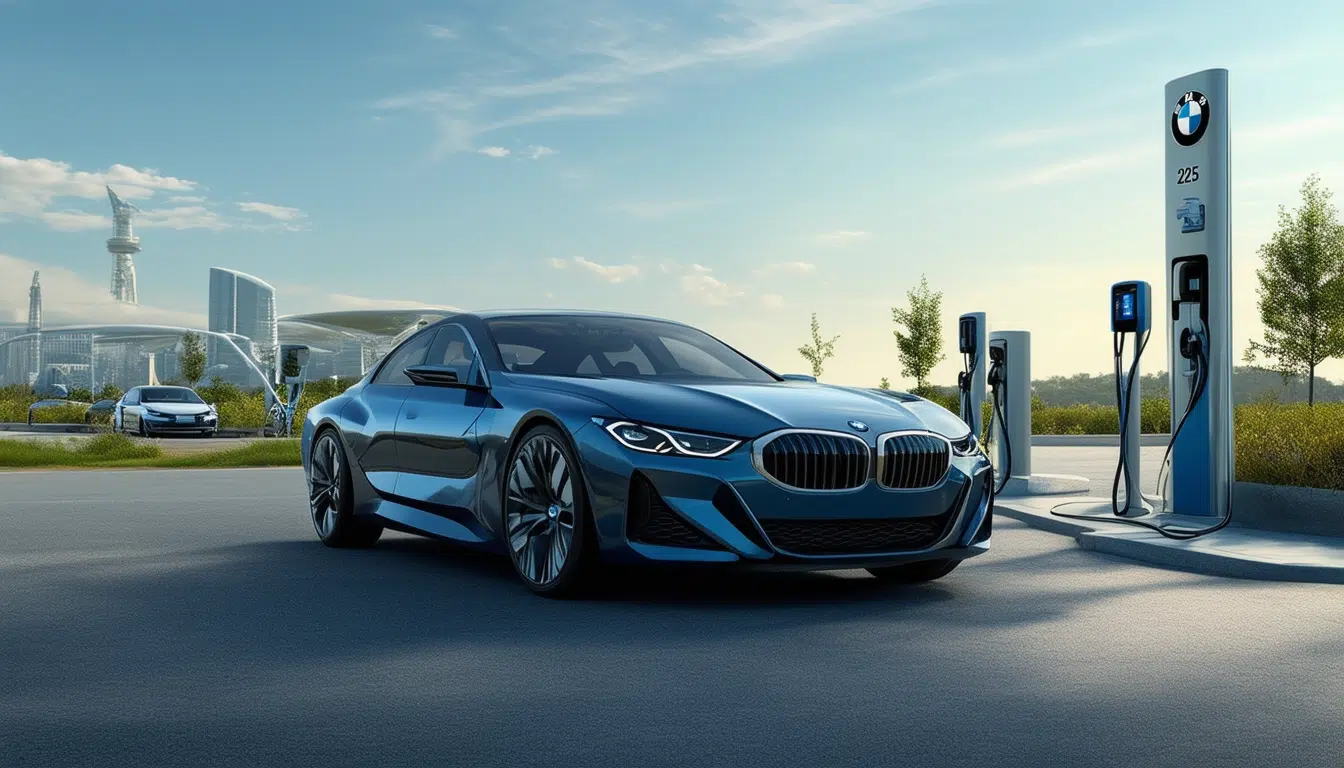
The automotive industry is undergoing a transformation stage, with a strong inclination towards electrification. However, BMW distinguishes itself from this absolute trend by stating that electric vehicles are not suitable for all users. The German brand defends the continuity of diesel, also anticipating significant improvements in these engines by 2025. This balanced approach aims to address all situations and needs of its customers.
BMW states that electric vehicles are not suitable for everyone
BMW, one of the automotive giants from Bavaria, maintains that the complete transition to electric vehicles is not feasible for all consumers. According to statements from its CEO, electric cars present limitations, especially in regions with insufficient charging infrastructure. Additionally, the needs of certain users, such as the transportation of heavy trailers, make electric options not always the most practical.
Defense of diesel by BMW
In the face of pressure from electrification, BMW stands firm in its defense of diesel as an efficient and necessary option in various circumstances. Despite the criticism this technology has received in recent years, the brand focuses on the technological advancements that have made diesel a cleaner alternative. For BMW, the key lies in balancing the offering of combustion, plug-in hybrid, and electric engines, allowing consumers to choose according to their specific needs.
Anticipating significant advances in diesel engines for 2025
Synthetic diesel
Looking to the future, BMW intends to implement synthetic fuels in its engines starting in 2025. These engines will be able to run on alternatives that include up to a 25 percent bio-based component. This strategy reflects BMW’s commitment to reducing the environmental impact of diesel, enhancing emission reductions without sacrificing performance.
Preparation for a cleaner future
Starting in January, all new vehicles produced at BMW’s German plants will arrive at dealerships with a load of HVO 100, a cleaner fuel compared to fossil diesel. This step not only reduces CO2 emissions by 90 percent but also ensures that engine performance remains constant, without the need to extend refueling times.
In conclusion, as part of its strategy, BMW pursues an approach that combines innovation and tradition, providing sustainable solutions without compromising the performance that has characterized the brand for decades.
While other brands are adopting a direction towards total electrification, BMW bets on a balanced approach, integrating new technologies without abandoning the solutions that have historically served users effectively.
A Necessary Balance between Innovation and Tradition
In the context of a drastic shift towards electrification in the automotive industry, BMW emphasizes the importance of not prematurely discarding traditional engines. Although the advance of electric vehicles is undeniable and will continue to be an important component of the future of transportation, the German manufacturer presents a more balanced approach.
BMW argues that electric cars are not the only direction the market can take. According to BMW’s CEO, the varied needs of consumers are crucial in designing the offering. Some customers require specific capabilities, such as towing heavy loads or fuel for long distances, which are not yet fully met by the current electric charging infrastructure. In such contexts, diesel engines, with modern technology, provide a viable solution that should not be underestimated.
BMW’s perspective of maintaining a diversified offering that includes diesel, hybrid, and electric engines is accompanied by significant advancements, announcing the introduction of synthetic fuels starting in 2025. These fuels promise to reduce emissions without compromising performance and without extending refueling time. With such innovation, BMW not only enhances its existing technology but also addresses environmental concerns without compromising traditional needs.
Ultimately, by highlighting the importance of not prematurely banning internal combustion engines, BMW sends a clear message about the need to adopt a pragmatic and balanced approach in the transition towards a more ecological future. This approach focuses not only on innovation but also on maintaining the reliability, functionality, and accessibility of vehicles, considering the broad spectrum of the automotive market. In this framework, BMW’s offering not only meets immediate demand but also anticipates a future where technological diversity will drive the sustained evolution of the automotive industry.

